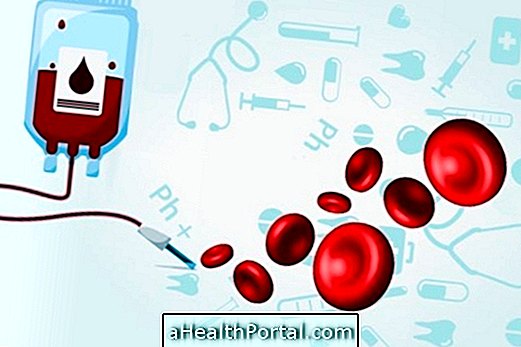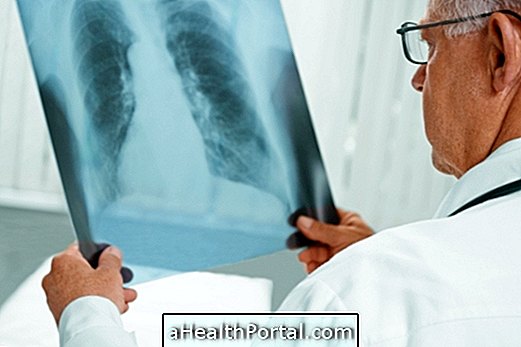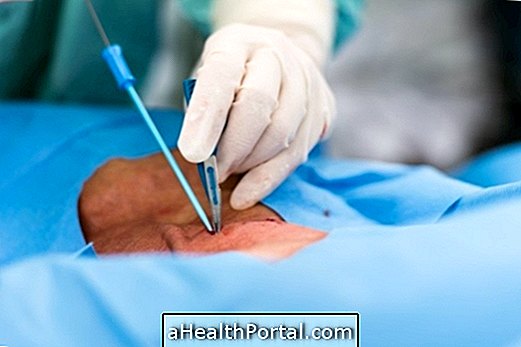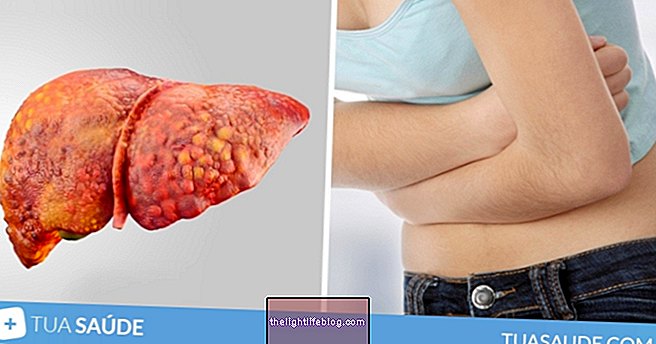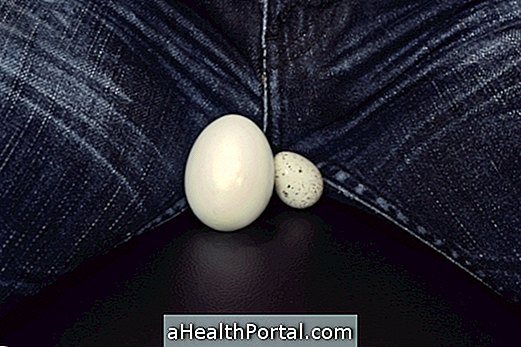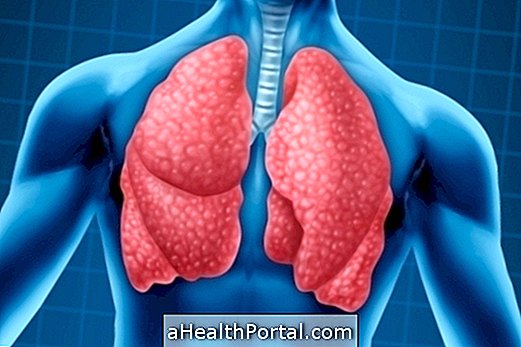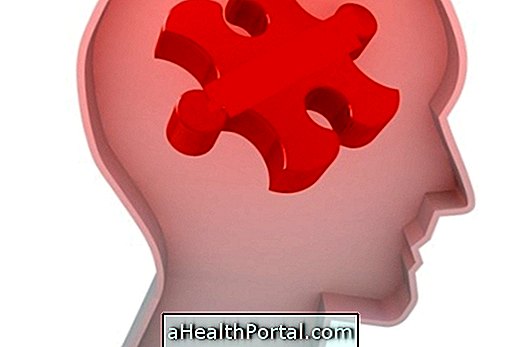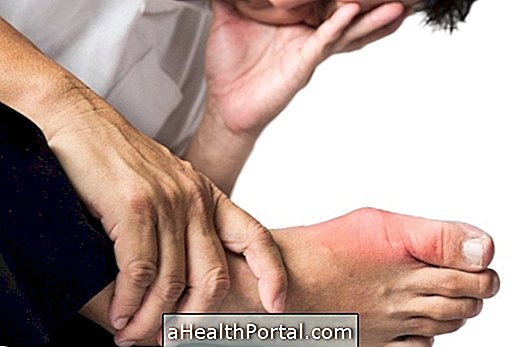Women who are in menopause do not always need to take calcium and vitamin D supplements to prevent osteoporosis because too much calcium can cause problems like blood vessel calcification and kidney stones.
Calcium is most commonly used in this stage of life because after menopause the risk of osteoporosis and bone fracture is higher because of the decrease in female hormones. However, supplementation should only be used as directed by the gynecologist.
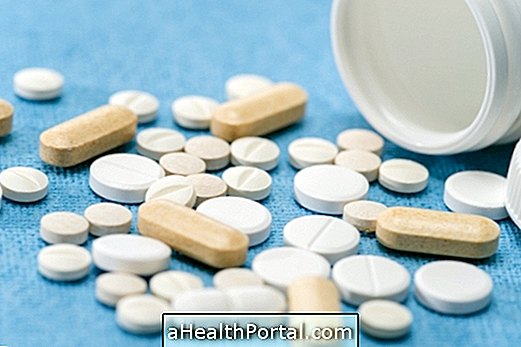
Dangers of Excessive Calcium Supplementation
Excessive calcium and vitamin D supplementation after menopause increases the risk of:
- Kidney stones; calcification of blood vessels;
- Thrombosis; clogging of vessels;
- Increased blood pressure, stroke and heart attack.
Excess calcium occurs because in addition to supplementation, this mineral is also consumed through food, with milk and its derivatives as its main sources. See a complete list of calcium-rich foods so supplementation is not necessary.
When to take calcium supplements
Calcium and vitamin D supplements are mainly recommended for women who take hormone replacement therapy, as this is just how the risk of osteoporosis really is reduced.
Therefore, women who do not take hormone replacement should only take supplements with vitamin D3, which is the inactive form of this vitamin, which will be activated by the kidneys only in the quantities needed for the body. Vitamin D is essential to increase the absorption of calcium in the intestine and strengthen the bones. See 6 benefits of vitamin D.
Daily recommendation of calcium and vitamin D
For women age 50 and older, the recommended calcium intake is 1200 mg per day and 10 mcg per day of vitamin D. A healthy and varied diet provides these nutrients in adequate amounts, in addition to being essential to sunbathe daily for at least 15 minutes to increase vitamin D production.
Thus, supplementation with these nutrients after menopause should be evaluated by the physician according to the woman's health conditions, eating habits and the use of hormone replacement therapy.
To avoid the need to take supplements, see how to strengthen the bones in menopause.

